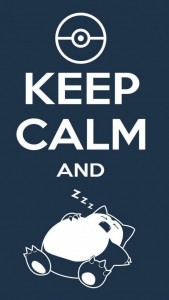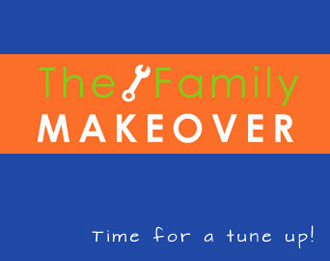 ADHD affects more than just kids’ waking hours. And in turn, sleep deprivation can make kids’ attention problems worse.
ADHD affects more than just kids’ waking hours. And in turn, sleep deprivation can make kids’ attention problems worse.
The same regions of the brain regulate both attention and sleep, so it’s harder for children with ADHD to switch into bedtime mode. Depending on which study you read, anywhere from 20 to 45% of children with ADHD have regular difficulty falling or staying asleep—that’s at least three times the rate of other children! To make matters worse, once they’re asleep, they stay that way for a shorter amount of time, and often still feel tired when they wake up. Research has shown that those diagnosed with ADHD can even have abnormal REM (rapid eye movement) patterns during sleep. Given all this, it’s easier to understand that kids with ADHD may, in addition to the other things they deal with, also be chronically sleep deprived. They’re more likely to accumulate sleep debt, which can affect the brain even more than the ADHD does.
Sometimes kids are even misdiagnosed with ADHD when what they really have is a sleep disorder. Then they’re given medications which can make the problem even worse. If your child is diagnosed with ADHD, make sure doctors have ruled out sleep issues, since improper sleep patterns can cause behavior that looks suspiciously like ADHD—but isn’t. Unlike adults, when kids are sleep-deprived, they get hyper, moody, and have trouble paying attention.
Common sleep interferences for children usually involve breathing problems, including apnea and snoring. One solution, should doctors deem it necessary, is to remove adenoids or tonsils. But you can help your child get to sleep with less invasive measures: Before resorting to anything drastic, make sure that your child has a set evening routine and a realistic, enforceable, dependable bedtime. Don’t let your child use electronics in bed, or up to an hour before bed. Try using relaxing essential oils, such as lavender, to trigger that “bedtime” feeling, and make your child’s room cooler by turning on the air conditioner a few degrees colder than usual. Taking an epsom salt bath before bed helps some kids feel relaxed and sleepy and remember to try relaxing breathing techniques and calming visualizations.
If you find that things aren’t improving, consult a professional. Especially if your child has been prescribed medications to manage ADHD, work with the pediatrician or psychiatrist to figure out whether the medications could be causing the sleep problems and explore solutions



